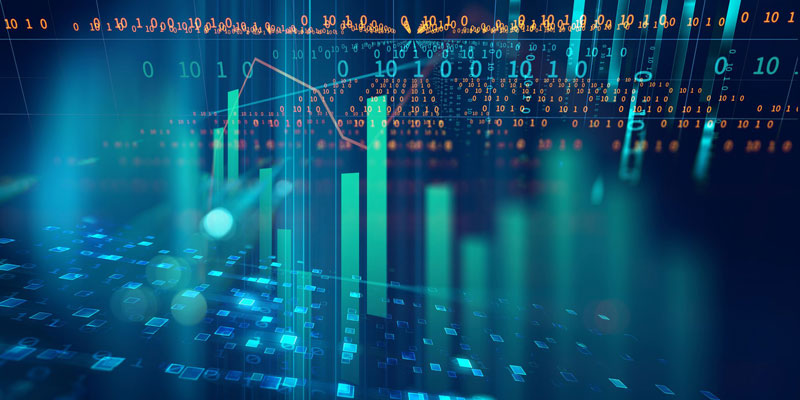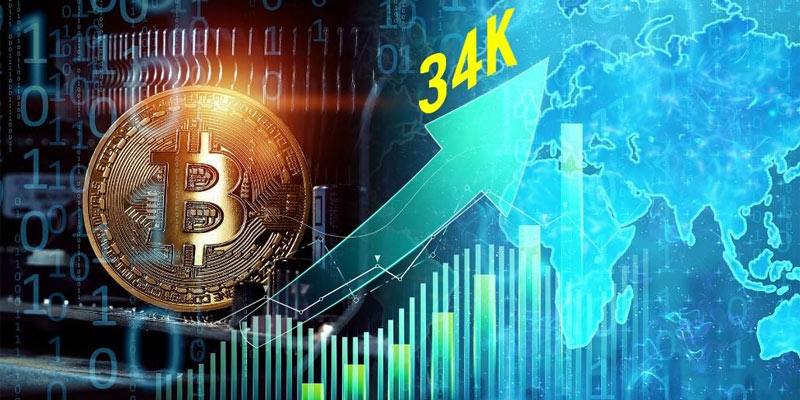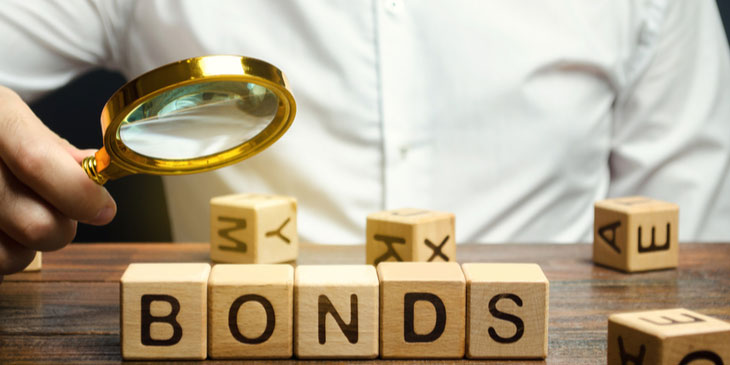Economists make assumptions to help understand business and consumer behavior to make better economic decisions. Many economic theories can help you understand how the economy works and how to maximize growth, wealth,and employment. Many theories, however, are based on preferences. This refers to what consumers and businesses prefer to have or avoid. The assumptions often include the availability of resources to meet the preferences and needs. In deciding the choices made by participants in an economy, it is important to consider whether there are enough or too few resources. Learn why economists make assumptions about economic models and how these assumptions affect them.
Need of Assumptions
Milton Friedman, in his 1953 article "The Methodology of Positive Economics," exemplified why economists must construct assumptions to be able to make useful predictions. Friedman knew that economics could not use scientific method like same as chemistry and physics. However, he believed the scientific method was the foundation. Friedman said that economists should rely more on uncontrolled experience than controlled experiments.
To prove causality, the scientific method needs to be able to isolate variables and test them. Economists cannot isolate variables from the real world. Therefore, they make assumptions to build a consistent model. Economists who favor the scientific method will accept errors, provided they are small and have limited impact.
Understanding the Assumptions of Economists
Each economic theory has its own set of assumptions. These assumptions are used to explain how and why the economy works. Classic economics advocates the assumption that an economy is self-regulating and that all participants will meet their needs. This means that there is no need to intervene from the government. People will efficiently and correctly allocate resources. A company that fills an economic need will be created to balance the economy. Classical economists believe that companies and people will create growth and stimulate the economy through spending and investment.
Neo-classical economists believe that people make rational purchasing and investing decisions in the economy. Prices are determined only by supply and demand. There are no external forces that can affect prices. The goal of consumers is to maximize utility or their wants and needs. Rational choice theory, which emphasizes how people can achieve their goals by making rational choices, aims to maximize utility. According to the theory, people will make decisions based on their information and choose the best option. Neo-classical economists believe that consumers' needs drive the economy and business production. Competition is believed to correct any imbalances in an economy by restoring equilibrium in the market's allocation of resources.
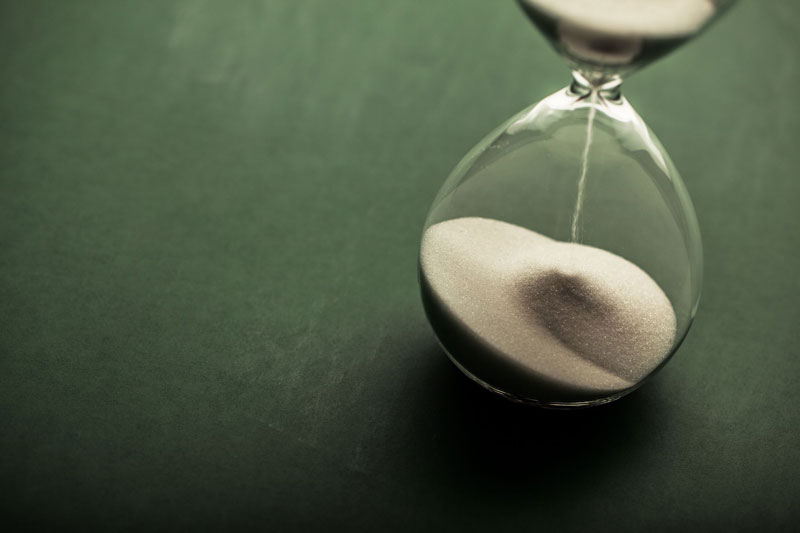
Criticisms of Assumptions
Many critics claim that the assumptions used in economic models are too optimistic and do not hold up in real life. Classic economics doesn't require government intervention. For example, no money was allocated for bank bailouts in 2008 and the subsequent Great Recession. Many economists argue that the market was not acting efficiently. If the government had not intervened, there would have been more bankruptcies and business failures, leading to higher unemployment.
Some economists criticize the assumption that everyone behaves rationally in neo-classical economics. Critics claim that many factors can impact consumers and businesses that could make their decisions or actions irrational. Market corrections, bubbles, and income inequality are all caused by choices made by participants, which some economists argue are irrational.
Example
An economic model is an imaginary situation that contains multiple variables. It's created by economists to understand different aspects of the economy. The classic example of an economic model that is most well-known is the one of supply and need. This model states that if a product's supply increases, its price will fall and vice versa. The model also says that if there is more demand for a product, its price will rise and vice versa.
Behavioral Economics
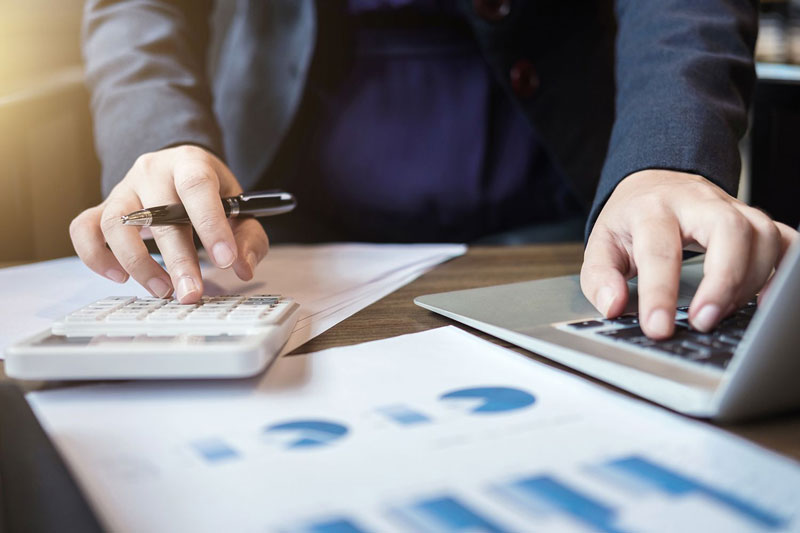
The psychology of economic decisions and choices has been gaining popularity in recent years. The study of behavioral economists acknowledges that sometimes irrational choices can be made. It aims to understand why and how these decisions impact economic models.
Behavioral economists believe that people can be distracted and emotionally affected by their decisions. If someone wants to lose weight, they would research the best foods and make a rational decision. However, if they see the dessert menu at a restaurant, it is an emotional distraction. According to behavioral economists, even though people are trying to make rational decisions, external forces and emotions can interfere with that goal. This makes the choices seem irrational.
